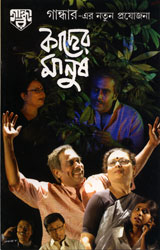 Time magazine chose Mark Zuckerberg as the 2010 person of the year. A film on the life of Mark Zuckerberg is a strong contender for Oscars next February. He is twenty six years old and is worth 7 billion dollars. He drives an Acura TSX and rents a house. And he is the creator of the phenomenon called “Facebook”.
Time magazine chose Mark Zuckerberg as the 2010 person of the year. A film on the life of Mark Zuckerberg is a strong contender for Oscars next February. He is twenty six years old and is worth 7 billion dollars. He drives an Acura TSX and rents a house. And he is the creator of the phenomenon called “Facebook”.
Yes, Facebook is no longer a website, it is a phenomenon. Social networking sites are nothing new. People on the internet started to commune together since the early days through bulletin boards, news groups etc., long before MySpace, LinkedIn, Orkut and Facebook came into existence. Newsgroups were there (remember soc.cult.etc.etc?) even before web browsers and web servers were invented. People have always tried to use the internet to connect and to share. Social networking sites like Facebook has given the people the ideal vehicle to connect and share. And of all the social networking sites, Facebook has become the most popular platform primarily because of its ability to evolve continuously. People have been able to connect with their friends after ages, they share their thoughts, their likes and dislikes, their photos and memories. It allows many to get their moments of fame and recognition from their friends and peers that was never possible before. It has become such a powerful attraction to many that some psychiatrists are considering Facebook addition as a diagnosable ailment. Continue reading


